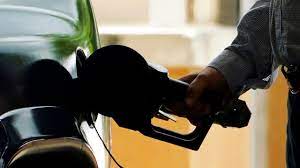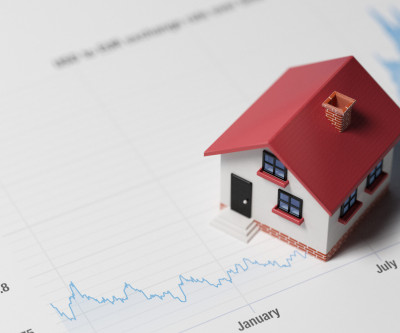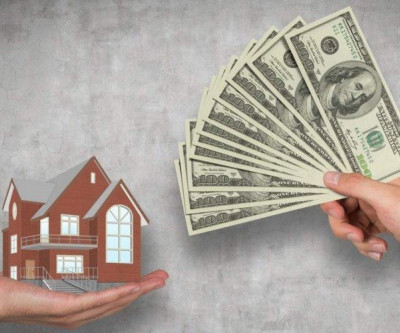
Why is gas more expensive in the summer? Competition, logistics — and the blend
Several factors contribute to the seasonal increase in gasoline prices in the spring and summer, including:
1. Gasoline composition:
In winter, gasoline contains butane, a relatively inexpensive additive that helps cars start faster and run better in cold weather.
In the summer, butane is phased out in favor of alkylates, which burn cleaner but are more expensive to produce.
This change in composition is due to clean air regulations aimed at reducing air pollution during the summer months when people drive more.
The extra cost for consumers to switch to summer gasoline is about 10 to 15 cents per liter.
2. Logistics:
Refineries will cut winter gasoline production starting in early February. This reduces overall supply because any remaining winter gasoline cannot be sold in the summer.
In addition, this period coincides with the annual maintenance period of refinery infrastructure such as distillation towers.
Storage, as well as the transition from winter to summer gasoline, accounts for the largest regular price increase each spring.
3. Competition:
Whether it's winter or summer gas is coming out of the pumps, Michels says the competition between vendors remains constant: Each gas station is watching what others are doing nearby.
They write down the prices and literally go out and look and say, “Okay, the competition is getting stronger. We have to go up or down."
Pricing is a delicate balance: if it's too high, drivers will move on to the next slot. Pricing too low to appear competitive, and you risk creating your own traffic.
Tips to save money on gasoline in summer:
Gas up early in the week instead of closer to the weekend when more people are getting ready for a weekend road trip.
Suggested Content
Latest Blog
Login first to rate.
Express your opinion
Login first to submit a comment.
No comments yet.
























